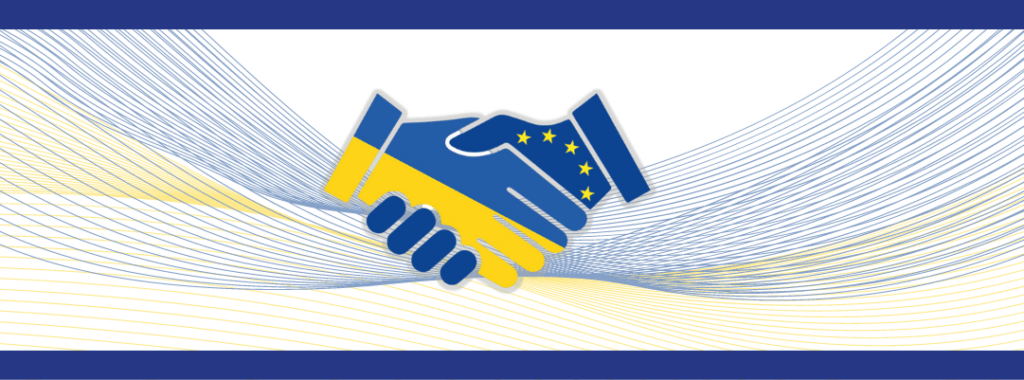Ukraine, the solidarity continues on the way to accession
It was February 24, 2022, and suddenly everything changed. Since the beginning of the Russian aggression to Ukraine, ENI CBC programmes multiplied their efforts to sustain in a way or another the tens of thousands of refugees and displaced people flooding the country and its neighbours. Projects’ efforts were not spared to feed, host, care for a population on the run. Different structures were converted into shelters, training or health centres opened the doors to fleeing families. At the same time, ENI CBC managing structures were struggling to keep afloat the on-going projects.
Two years after, the extraordinary resilience of the Ukrainian project beneficiaries has resulted in the completion of most projects, with the only exception of those in the occupied territories of the Black Sea region. In the meantime, humanitarian assistance has continued to flow both inside Ukraine and in the neighbouring regions, including the Republic of Moldova. A last effort from the Hungary-Slovakia-Romania-Ukraine Programme must be highlighted, as authorities have decided to use savings from finalised projects to finance two more humanitarian initiatives in Zakarpattia (South-West of Ukraine). Thus, in December 2023 – the last month of implementation of ENI CBC projects – 425 power generators, 1.000 food packages and 156 “graduate kits” to internally displaced school graduates were delivered to the vulnerable inhabitants of the region.
Solidarity continues as a priority also for the Interreg family, as the European Commission has decided to enhance the cooperation with Ukraine and the Republic of Moldova by amending some programmes and increasing their funds and scope for the period 2021-2027. At the end of last year, 135 million EUR have been added to the cross-border and transnational programmes involving Ukraine, notably Interreg NEXT Poland-Ukraine, Hungary-Slovakia-Romania-Ukraine, Romania-Ukraine, Romania-Republic of Moldova and Black Sea Basin. Additional funds have also been allocated to Interreg Danube. Moreover, both countries recently joined Interreg Europe and Urbact.
These eight Interreg programmes are now committed to pursuing solidarity actions and preparing for the future reconstruction. The funds will be devoted to different areas, such as the reinforcement of institutional capacity, the green and social development, the border management, the health sector, or an increased accessibility. All programmes have revised their priorities to allocate the new funds, and even some projects are awarded, as is the case in the Poland-Ukraine and Black Sea Basin Programmes, where a very active participation of applicants from these countries shall be noted.
We start a new phase in the reinforcement of the ties and partnerships between hundreds of public and private institutions in the Member States and their counterparts in Ukraine and the Republic of Moldova, paving the way for further integration of these two countries and Georgia in view of their future accession. Interreg NEXT programmes have today a key role to play in the process as the vanguard of the future Cohesion Funds.
